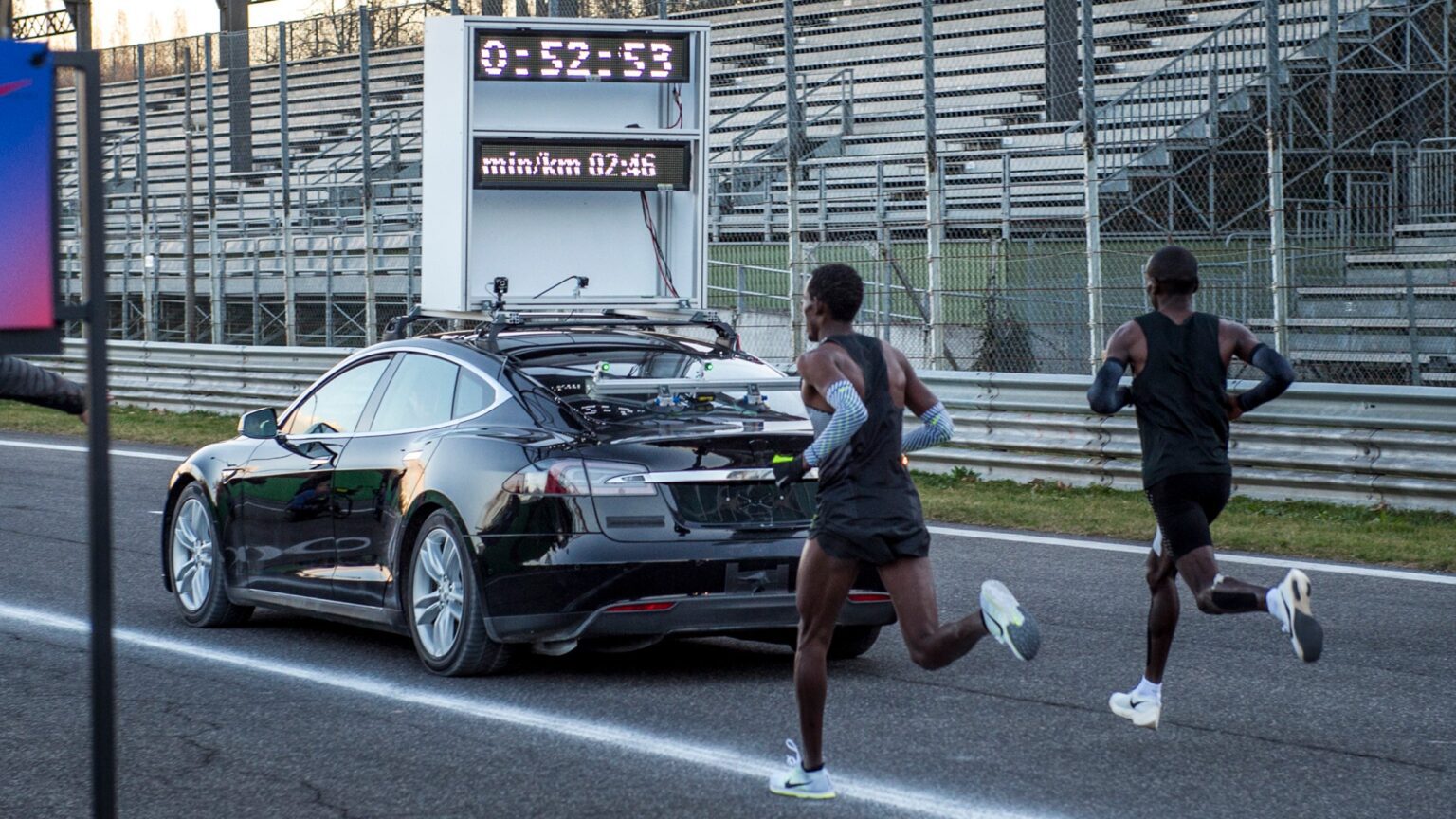The Science Behind Nike’s Breaking2 Marathon Project
This upcoming May, elite marathon runners Eliud Kipchoge, Lelisa Desisa, and Zersenay Tadese will embark on a groundbreaking challenge: the Nike Breaking2 project, aiming to complete the first-ever sub-two-hour marathon. Achieving this incredible feat requires not only exceptional speed and endurance but also a highly specialized fueling strategy tailored for the demands of such a grueling race.
The Challenge of Fuels and Carbohydrates
To maintain an average pace of approximately 4:35 per mile over 26.2 miles, these athletes must significantly increase their carbohydrate intake compared to traditional marathon fueling practices. As Brett Kirby, a human bioenergetics expert at Nike’s Sport Research Lab, states, “Typically, the higher the relative intensity, the more difficult it is to ingest liquid or food substances.” Skipping carbohydrates can lead to a decrease in performance, especially towards the end of the race, warns exercise physiologist Asker Jeukendrup.
Training the Gut: A Necessity for Performance
Just like their muscles, the runners’ digestive systems need specialized training to handle the carbohydrate intake required to support their extraordinary efforts. Through their training, they will acclimatize their bodies to ingesting fuel at shorter intervals, ensuring they can maintain their pace without suffering from gastrointestinal distress. Jeukendrup emphasizes that through trials, these athletes will refine what they should consume and at what intervals.
Initial Tests Yield Positive Insights
The first significant test of the fuel strategy was a half-marathon attempt held on March 7, where runners aimed to replicate the conditions of the marathon. During this event, two athletes finished under the one-hour mark, demonstrating the necessary pace. This trial allowed Nike to experiment with their nutrition strategies in a controlled environment—utilizing a Formula One racetrack in Monza, Italy, where both conditions and surface closely mirrored those expected for the marathon.
Innovative Fueling Strategies for the Marathon
During the half-marathon test, Kirby passed out bottles of a specially formulated carbohydrate blend every 1.5 miles, nearly doubling the frequency of typical hydration stations in marathons. This approach aligns with existing research suggesting that consuming smaller volumes of hydration more frequently can enhance performance. While Nike has yet to finalize the specifics for the marathon, they are considering a mix of carbohydrate types to improve digestibility.
Evidence-Based Nutrition Plan for Optimal Performance
Research by Jeukendrup highlights that increasing carbohydrate consumption from 20-25 grams to 40-50 grams per hour can markedly improve marathon performance. Based on these findings, the athletes will aim to consume 60-90 grams of carbohydrates per hour, a significant jump that will require extensive practice for effective assimilation. Moreover, understanding each runner’s historical experience with race nutrition will play a crucial role in developing a bespoke fueling plan.
Standardizing Success: Tailored Plans for Each Runner
In preparation, the runners utilized Nike’s environmental simulation chamber to fine-tune their fueling plans. Researchers monitored various metrics such as core body temperature, skin temperature, and muscle glycogen levels. This meticulous approach allows for personalized strategies, considering the unique needs and tolerances of each athlete, including type and method of carbohydrate nourishment. As Jeukendrup puts it, “It’s definitely at the limit of human physiology; that’s why it’s exciting.”
With sports scientists closely monitoring the Breaking2 project, the upcoming event promises to be a historic milestone. The comprehensive approach to training fuels, honed through meticulous research and experimentation, reflects a new era in marathon preparation. For more insights on marathon training and nutrition, explore [CORE Nutrition Planning](http://www.fuelthecore.com) and [Nike’s latest innovations](https://www.outsideonline.com/2143126/runnings-greatest-minds-nikes-two-hour-marathon-project).
